449
No. of submission entries
166
Entries qualifying Level 1
67
Entries qualifying Level 2
Winners - Gyaan Galaxy National Science Fair 2021
| Rank | Name | School | Title | Research Paper |
|---|---|---|---|---|
| Rank 1 | Akanksha Hegde | Adani Public School | Empirical Study & Analysis of Wind Energy Opportunities in India | View |
| Rank 2 | Samika Ren | Bhavan's Adarsha Vidyalaya | AMPHITRITE: Queen of the Sea | View |
| Rank 2 | Vishnu Gadhvi | Adani Public School | Indian Agriculture: Performance and Challenges | View |
| Rank 3 | Shreyas Sheth | GD Goenka International School | Cheapest solution to limit space junk | View |
Calling for Science Thinkers, Academic Researchers, Changemakers
Gyaan Galaxy is a national-level science fair, conducted bi-annually for Grade 9-12 students across India to foster innovative research in STEM (Science Technology Engineering and Mathematics) specifically in the realm of environmental sciences.
Designed in 2020, the Gyaan Galaxy Science Fair is a virtual platform, where students can submit their abstract on qualified subjects to showcase their talent and shortlisted entries stand a chance to win exciting prizes up to INR 50,000
Read more

Challenge Categories
Pick Your Calling...
There are ten categories for the fair, and students must declare which category their project falls under when submitting the abstract. The categories are as follows:
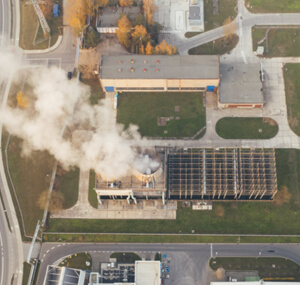
Atmospheric chemistry and air pollution
Students who choose to submit research under this category will explore the chemical processes that occur in the Earth’s atmosphere, the relationship between the atmosphere and the biosphere, exploring the impact of air pollution on the regulation of atmospheric systems, air quality and climate.
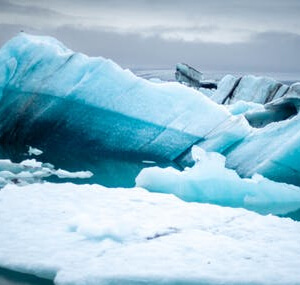
Climate change and climate dynamics
This category focuses on exploring the relationship between climate change and climate dynamics, which is the study of climate processes and systems, the factors that disrupt or change the functioning of the system, and understanding how this system evolves.
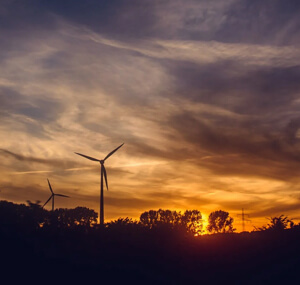
Energy Resources
‘Energy Resources’ refers to the natural sources of energy that are found on the earth. This includes any form of energy that can be harnessed to produce heat, electricity or used to generate other forms of energy. Students who select this category will look into the impact of harnessing energy resources on the environment, how these resources can be harnessed in a more efficient and environmentally friendly way, or reimagining the way in which these systems function.
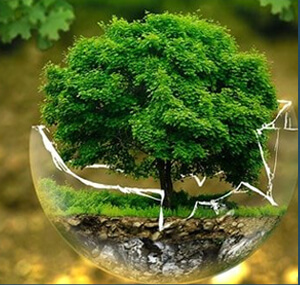
Ecology
Ecology is a field of biology that studies the interaction of biological organisms with one another, and their physical surroundings. Students who are interested in this category can explore ecological systems, and factors that disrupt or benefit certain ecological systems, or stimulate ecological evolution.
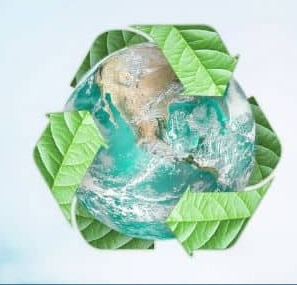
Environmental management
Students who choose this category will be exploring the key areas of concern with respect to the environment, and look into the systems of environmental monitoring, studying past environmental changes and their causes, identifying possible future patterns of change and identifying a route that increases the benefit of the environment for humans, while reducing environmental degradation due to human activities.
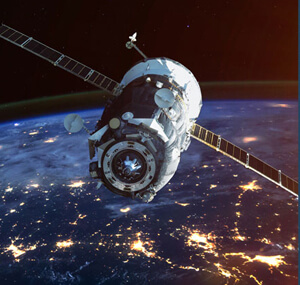
Earth/Space Science
This category includes the exploration of Earth Science, which is the study of the chemical make-up of the Earth and its atmosphere and includes all natural sciences related to it, while Space Science, which looks into study of outer space and all other scientific disciplines that are focused on furthering our understanding of the universe, including space exploration.
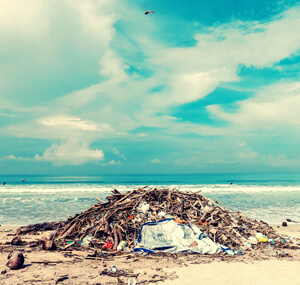
Water pollution and conservation
This category looks into water pollution and conservation, which focuses on identifying the causes for contamination of water bodies such as rivers, lakes, oceans and seas, and identifying processes and practices to conserve and protect these resources from irreversible damage.

Water, sanitation, hygiene and health
Students who pick this category will look into exploring the systems that provide communities safe and hygienic access to water for domestic and daily use (including drinking water), and providing access to infrastructure that supports good health and hygiene, without exposing people or their surroundings to waste.

Environmental resource quality (air, water, sediments, soil)
This category specifically looks into the essential resources on Earth (air, water, sediments and soil) and studies the quality of these resources. It also looks into the causes and impacts of the deterioration of the quality of these resources, and solutions for the mitigation of undesirable environmental effects.

Food and agricultural systems
Broadly, agricultural or food systems are the systems that produce crops or livestock for human consumption, and include the social, economic and political relations and facets that are related to those systems. Students who select this category will focus on exploring these systems.













